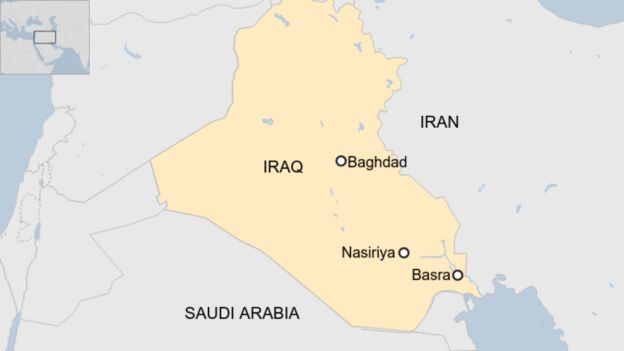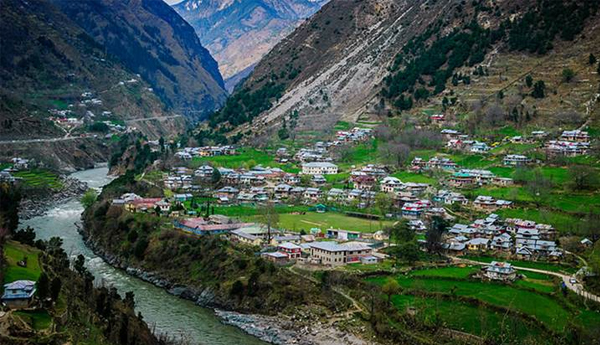(FASTNEWS | COLOMBO) – A curfew is in effect in the Iraqi capital Baghdad after a second day of clashes between anti-government protesters and security forces.
The restrictions will remain in place until further notice. Curfews had already been declared in three other cities as protests over lack of jobs, poor services and corruption escalated.
The violence has left at least seven people dead and hundreds wounded.
Social media platforms and internet access have been blocked in some areas.
The nationwide protests, which appear to lack any organised leadership, are the largest since Prime Minister Adel Abdul Mahdi took office a year ago.
Blaming unnamed “rioters” for the unrest, the government vowed to address protesters’ concerns.
What are the curfew conditions?
In a statement, Mr Abdul Mahdi said “all vehicles and individuals are totally forbidden to move” in Baghdad from 02 .00 am on Thursday.
Travellers to and from the city’s airport, ambulances, government employees in hospitals, electricity, and water departments, and religious pilgrims were exempt from the curfew.
Restrictions had already been imposed in the southern cities of Nasiriya, Amara and Hilla. (Foreign Media Reports)

What has PM Mahdi said?
On Tuesday night, Mr Abdul Mahdi expressed regret for the violence and promised an investigation “to learn the reasons” behind the protests.
“It saddens me and breaks our hearts the injuries among the protesters, our sons, and the security forces and the destruction and looting of public and private properties,” he wrote on Facebook.
He added: “We stress to the people of our nation that our priorities were and will remain focused on providing radical realistic solutions to many of the decades-long accumulated problems.”
The prime minister also said he would create more jobs for graduates. According to the World Bank, the youth unemployment rate in Iraq is currently about 25%.
Last year, the southern Iraqi city of Basra was rocked by weeks of protests over unsafe drinking water, power shortages, unemployment and corruption. Government offices, including the main provincial council building, were set alight.



